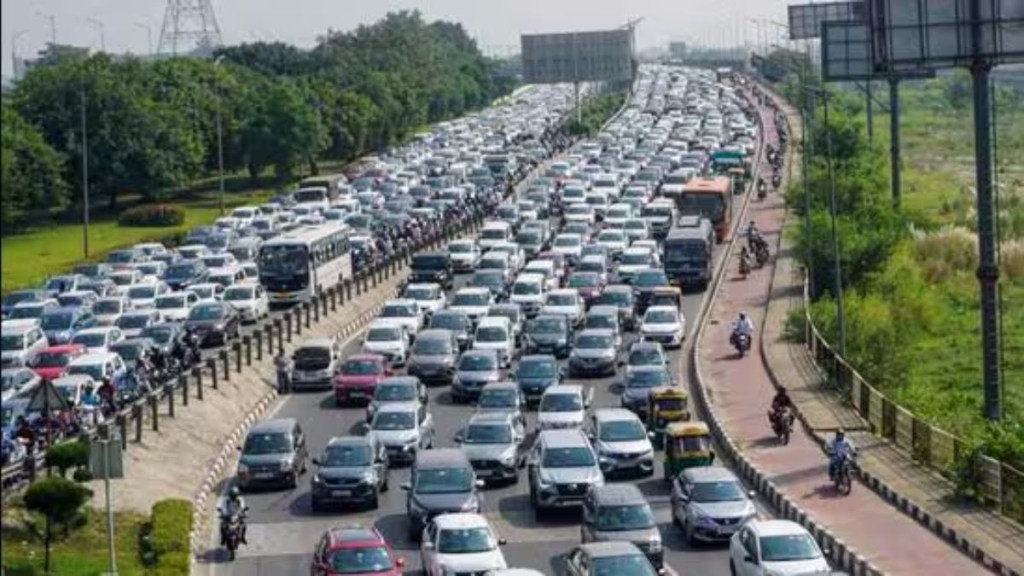Delhi’s End-of-Life (EOL) vehicle ban takes effect on November 1
The Commission for Air Quality Management (CAQM) has decided to defer the fuel ban on end-of-life (EOL) till November 1, 2025. According to PTI sources, the panel reviewed the fuel ban and decided to delay the enforcement of this ban till November. The report states that the End-of-Life (EOL) vehicle ban will be implemented across the National Capital Region (NCR), covering Gurugram, Faridabad, Ghaziabad, Gautam Budh Nagar, and Sonipat.
Delhi fuel ban: No end-of-life vehicles seizure
According to PTI, CAQM has instructed the authorities that till November 1, no cars older than 10 years for diesel and over 15 years for petrol will be seized or will be denied refuelling at petrol stations. The CAQM decided to postpone the End-of-Life (EOL) vehicle ban following a review meeting held earlier that day. The reversal came after Delhi Environment Minister Manjinder Singh Sirsa intervened, sending a letter to the CAQM arguing that the ban was premature and unjust, particularly for middle-class families relying on older vehicles for their livelihoods. He also pointed out that the Automatic Number Plate Recognition (ANPR) cameras faced technical glitches, as their sensors often failed to detect older vehicles lacking High Security Registration Plates (HSRP). The ANPR system works by scanning the vehicle’s number plate and cross-referencing details such as fuel type, age, and registration through the Vahan database. However, due to faulty sensors and incomplete HSRP detection, many older vehicles went unrecognised by the system.
After Environment Minister Manjinder Singh Sirsa contacted the Commission for Air Quality Management (CAQM), Delhi Lieutenant Governor VK Saxena wrote to the Delhi government requesting a suspension of the fuel ban. In his letter to Chief Minister Rekha Gupta, Saxena emphasised that the people of Delhi were not ready to accept such a ban.
What is an end-of-life ban?
On July 1, the Delhi government enforced the controversial End-of-Life (EOL) vehicle ban to curb rising air pollution in the National Capital Region (NCR). Initially introduced by the National Green Tribunal in 2014 and upheld by the Supreme Court, the ban prohibits older vehicles from operating on Delhi roads. In 2022, the Delhi government mandated deregistration of vehicles in specified age categories and authorized seizures for non-compliance. However, the July 1 implementation faced significant public backlash, leading to the ban being deferred to November 1. By April 1, 2026, the ban will extend across the entire NCR.
